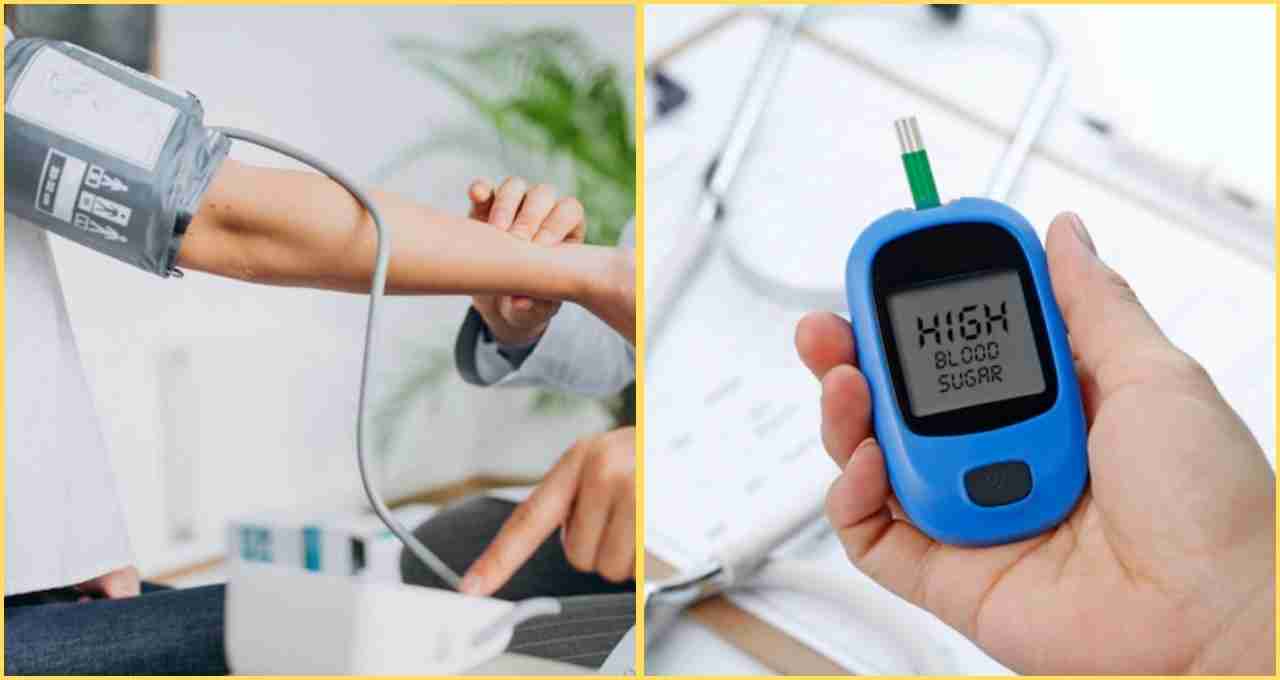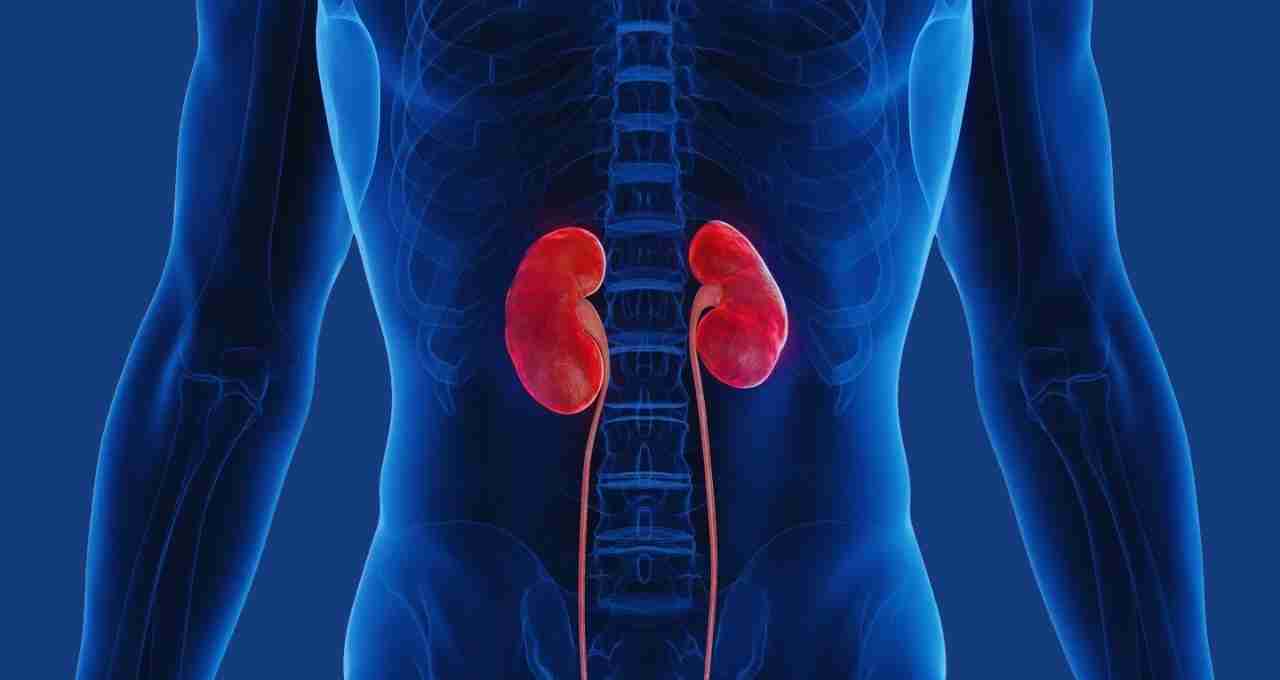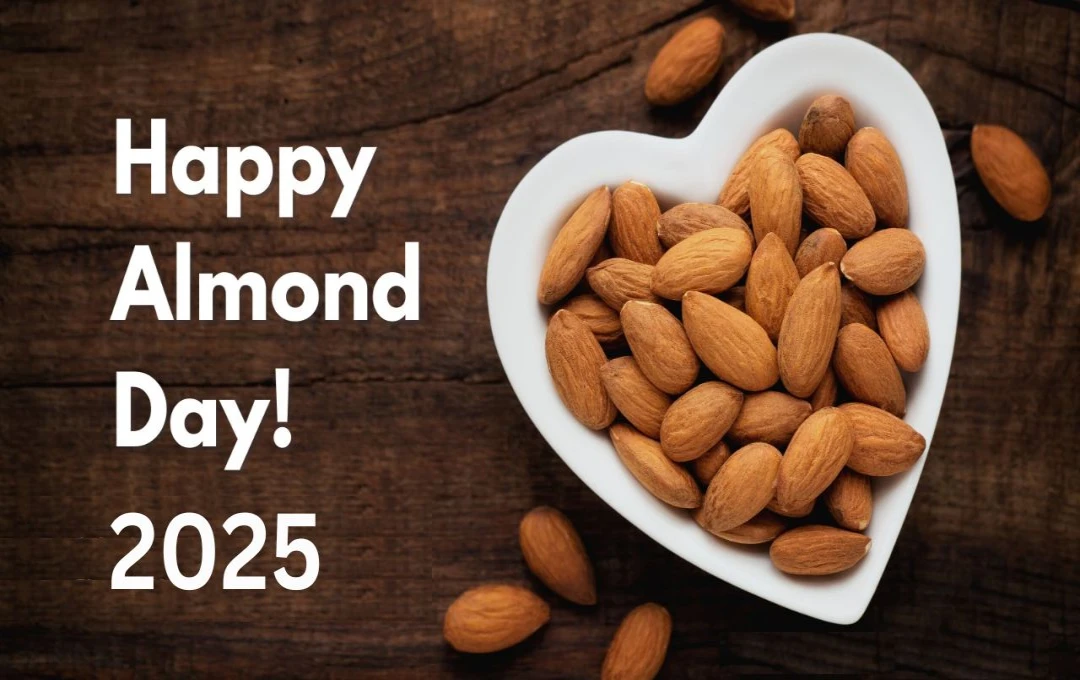In today's world, where everyone seeks a better lifestyle, some diseases silently erode the body from within. The kidneys are an invaluable part of our body, playing a crucial role in removing toxins, controlling blood pressure, and maintaining fluid balance. However, diabetes (diabetes) and high blood pressure (hypertension) are two common diseases that can gradually diminish kidney function.
How do kidneys work?
The kidneys are the body's natural filtration machines. They filter the blood, removing toxic substances and excess fluids through urine. They also help in maintaining blood pressure, producing hormones essential for bones, and forming red blood cells. When the kidney's filtering units (glomeruli) are damaged, these functions gradually begin to decline, leading to the onset of Chronic Kidney Disease (CKD).
How do diabetes and high BP damage the kidneys?

1. Diabetes
In diabetes, the body's blood sugar level remains constantly elevated. Excessive sugar damages blood vessels, particularly the glomeruli (small filtration units) in the kidneys. This reduces the kidney's filtration capacity and increases the risk of kidney failure. This condition is called diabetic nephropathy.
2. High Blood Pressure
High blood pressure puts pressure on the blood vessels of the kidneys, causing them to become stiff and narrow. This impairs blood circulation in the kidneys, and their function gradually weakens.
When these two conditions occur together, the risk of kidney failure doubles. Unfortunately, the effects are not greatly felt in the initial stages, and by the time it is detected, the kidneys may have already suffered 60-70% damage.
Common symptoms of Chronic Kidney Disease (CKD)
Although there are no symptoms in the early stages, some signs may appear as the kidneys deteriorate:
- Swelling in the face, legs, and ankles
- Frequent urination, especially at night
- Foamy or foul-smelling urine
- Fatigue, weakness, and loss of appetite
- Persistent high BP that is difficult to control
- Nausea or vomiting
Important: If someone has diabetes or high blood pressure, they should have their kidneys checked at least once a year, even if there are no symptoms.
Follow these measures to protect your kidneys

1. Keep blood sugar under control
Diabetic patients should keep their HbA1c level below 7%. This can prevent the long-term effects on the kidneys.
2. Monitor blood pressure
People with high BP should keep their blood pressure below 130/80 mmHg. Take prescribed medications regularly and reduce salt intake.
3. Get timely tests done
Get a urine protein test and creatinine level test done once a year. This helps in accurately assessing the health of the kidneys.
4. Eat a healthy diet
- Eat food with low salt and low sugar
- Avoid processed foods, red meat, and fried foods
- Include fruits, green vegetables, pulses, and whole grains in your diet
- Drink sufficient water (8-10 glasses daily)
5. Engage in regular physical activity
Do at least 30 minutes of brisk walking, yoga, or light exercise daily. This will keep weight under control and balance BP and blood sugar.
6. Use medicines with caution
Do not take painkillers or any other medicine without a doctor's advice. They can put excessive pressure on the kidneys.
When common diseases like diabetes and high BP begin to damage the kidneys, the path to treatment becomes long and expensive. But with timely vigilance, regular checkups, and lifestyle improvements, these dangers can be avoided. Remember, kidney disease comes silently but leaves a deep impact. So get tested today and give your kidneys a long life.















